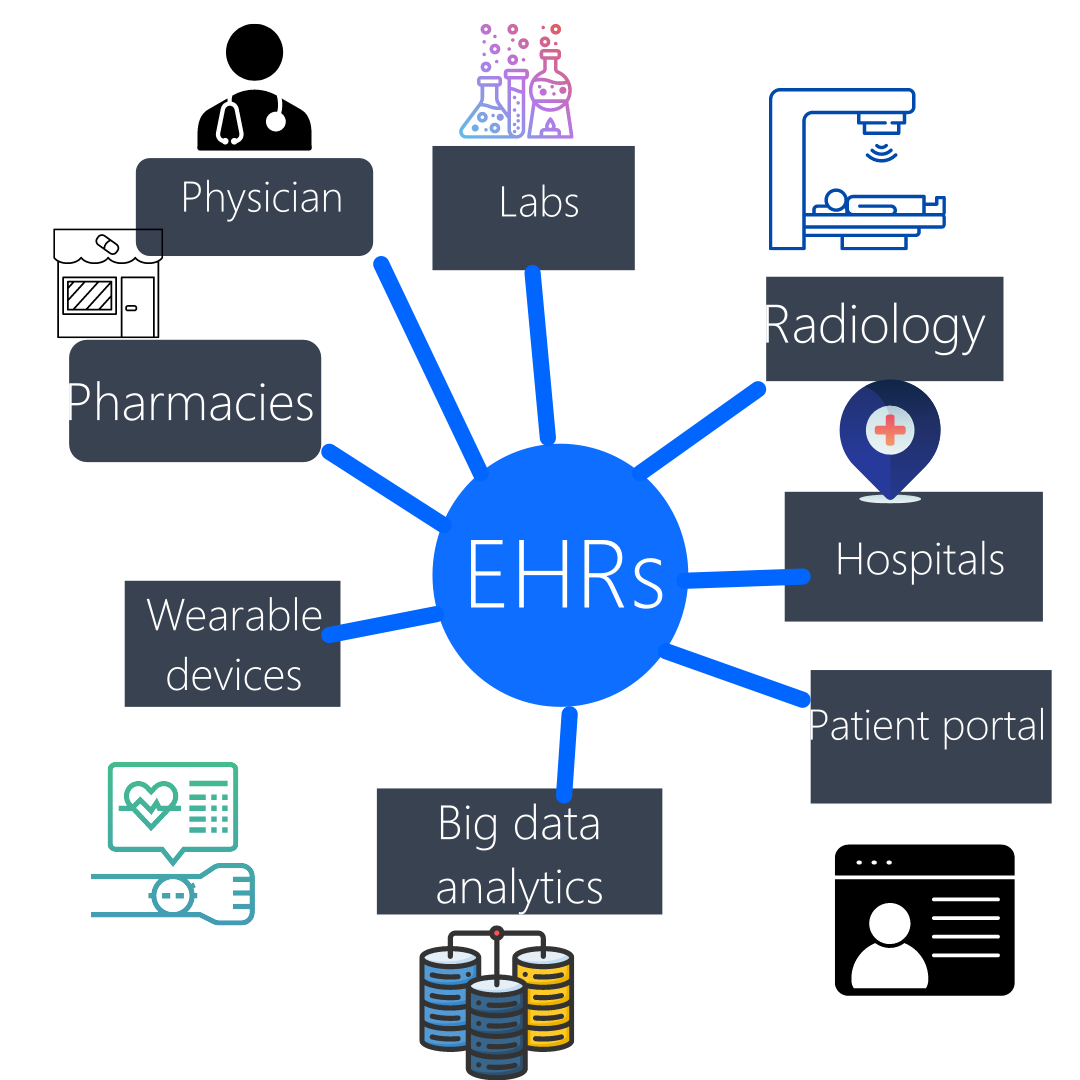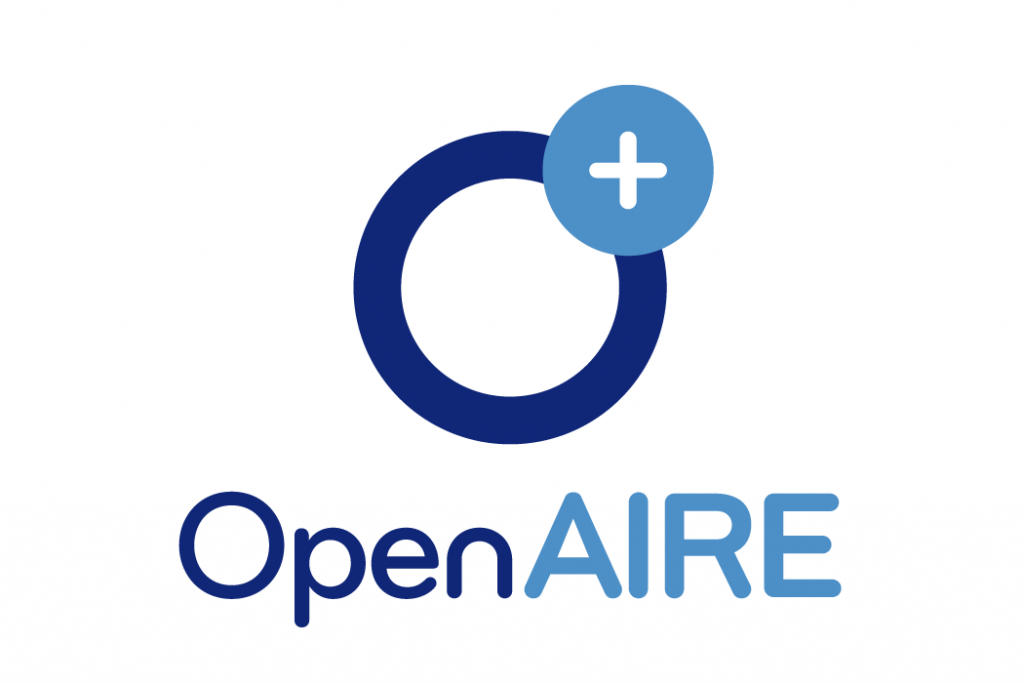Integrating DevOps with Existing Healthcare IT Infrastructure and Processes: Challenges and Key Considerations
Keywords:
Collaboration, Compliance, DevOps, Healthcare systems, IT infrastructure, Integration, Legacy systemsAbstract
The DevOps is a set of practices and tools that aim to improve the collaboration, communication, and collaboration between software development and IT operations teams. In healthcare systems, DevOps has the potential to improve the performance, reliability, and scalability of IT systems while ensuring regulatory compliance and the protection of sensitive patient data. However, integrating DevOps with existing healthcare IT infrastructure and processes can present several challenges, including resistance to change, compliance and regulatory requirements, integration with legacy systems, lack of resources, and skill shortages. To overcome these challenges, healthcare organizations need to consider a number of key considerations when integrating DevOps with their existing IT infrastructure and processes. These include a clear understanding of the existing IT infrastructure and processes, engagement with stakeholders, a phased approach, automation where possible, a culture of continuous improvement, ensuring security and compliance, and fostering collaboration and communication. By following these key considerations, healthcare organizations can successfully integrate DevOps with their existing IT infrastructure and processes, unlocking the full benefits of DevOps for their healthcare systems. These benefits include improved performance, reliability, and scalability, increased collaboration and communication between IT and clinical teams, and increased efficiency and cost savings. DevOps has the potential to revolutionize healthcare IT by delivering more flexible, reliable, and scalable systems that support the delivery of better patient care. By adopting DevOps, healthcare organizations can transform their IT operations and processes, ensuring that they are well-equipped to meet the changing needs of the healthcare industry.

Downloads
Published
How to Cite
Issue
Section
License
Copyright (c) 2018 ResearchBerg

This work is licensed under a Creative Commons Attribution-NonCommercial-NoDerivatives 4.0 International License.
Creative Commons licenses are used to publish Open Access articles, which provide the legal basis for users to access, distribute, and reuse the content. EQME allows authors to apply one of the following Creative Commons licenses to their work, each of which affords readers distinct rights in terms of commercial use and the capacity to create derivative versions:
CC-BY (Creative Commons Attribution License)
CC-BY-NC-ND (Creative Commons Non-Commercial No Derivatives License)
CC-BY-NC-SA (Creative Commons Non-Commercial Share-a-like)
In each situation, the creator must be given credit, and if derivative versions of the work are created, the alterations must be noted.






